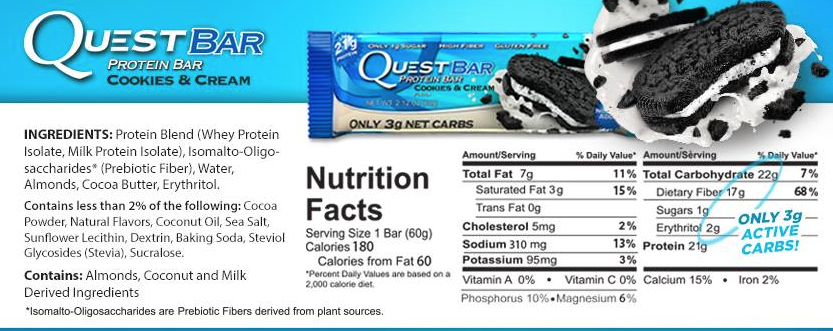Hi,
There's been many talk about how and why lactose could interfere with protein absorption, and therefore milk shouldn't be taken with whey, albumin or any protein powder.
But after reading a few articles and thread discussions I still don't have a definite answer. I fail to see how exactly lactose interacts with protein absorption other than slowing it down a lil bit.
I do take my post workout whey with water but I have 3 others protein shakes a day that I like include milk, specifically to increase my daily protein intake.
There's been many talk about how and why lactose could interfere with protein absorption, and therefore milk shouldn't be taken with whey, albumin or any protein powder.
But after reading a few articles and thread discussions I still don't have a definite answer. I fail to see how exactly lactose interacts with protein absorption other than slowing it down a lil bit.
I do take my post workout whey with water but I have 3 others protein shakes a day that I like include milk, specifically to increase my daily protein intake.


